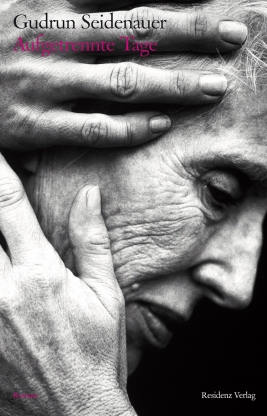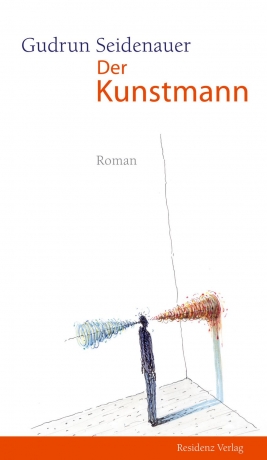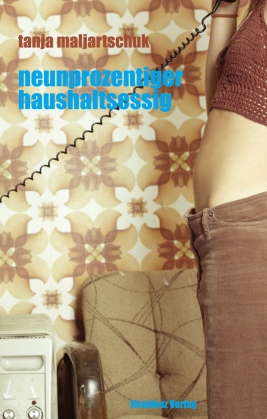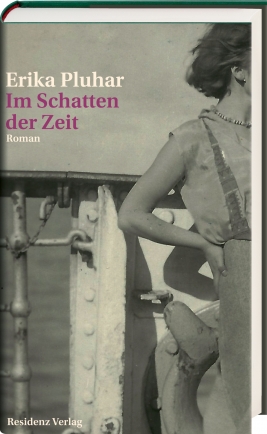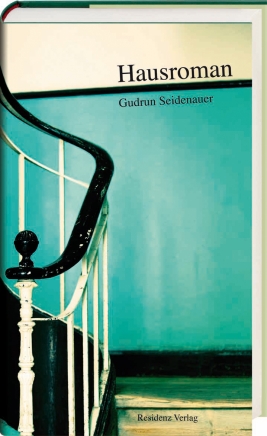
Gudrun Seidenauer - The House Novel
Stories of a house: about life under one roof, between walls and doors. And love comes and goes like its residents.
Just look at Konrad, the architect. When he and Dora moved into the house, she was expecting; eleven years later she has left him together with their daughter Katharina. At 16, Katharina moves in again, and Konrad fills the fridge for her. And he brings out a model of his dream house, built in his lonesome years. Konrad doesn’t see that his daughter is disappearing in front of his eyes because she stopped eating. He also doesn’t see Marie, the doctor living downstairs, who falls in love with him and finds Katharina after her breakdown. This story and all the others in this book open on two sides, just like doors leading from one room to another. Gudrun Seidenauer opens the doors to a whole universe within confined spaces, merging past and present. In brilliant style and with a keen sense for the psychology of humans, she tells the stories a house would tell if it were more than a silent witness.
Book details
320 pagesformat:125 x 205
ISBN: 9783701716012
Release date: 09.10.2012
License rights
- World rights available






